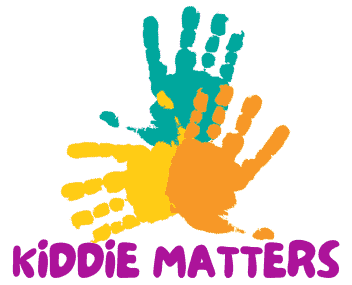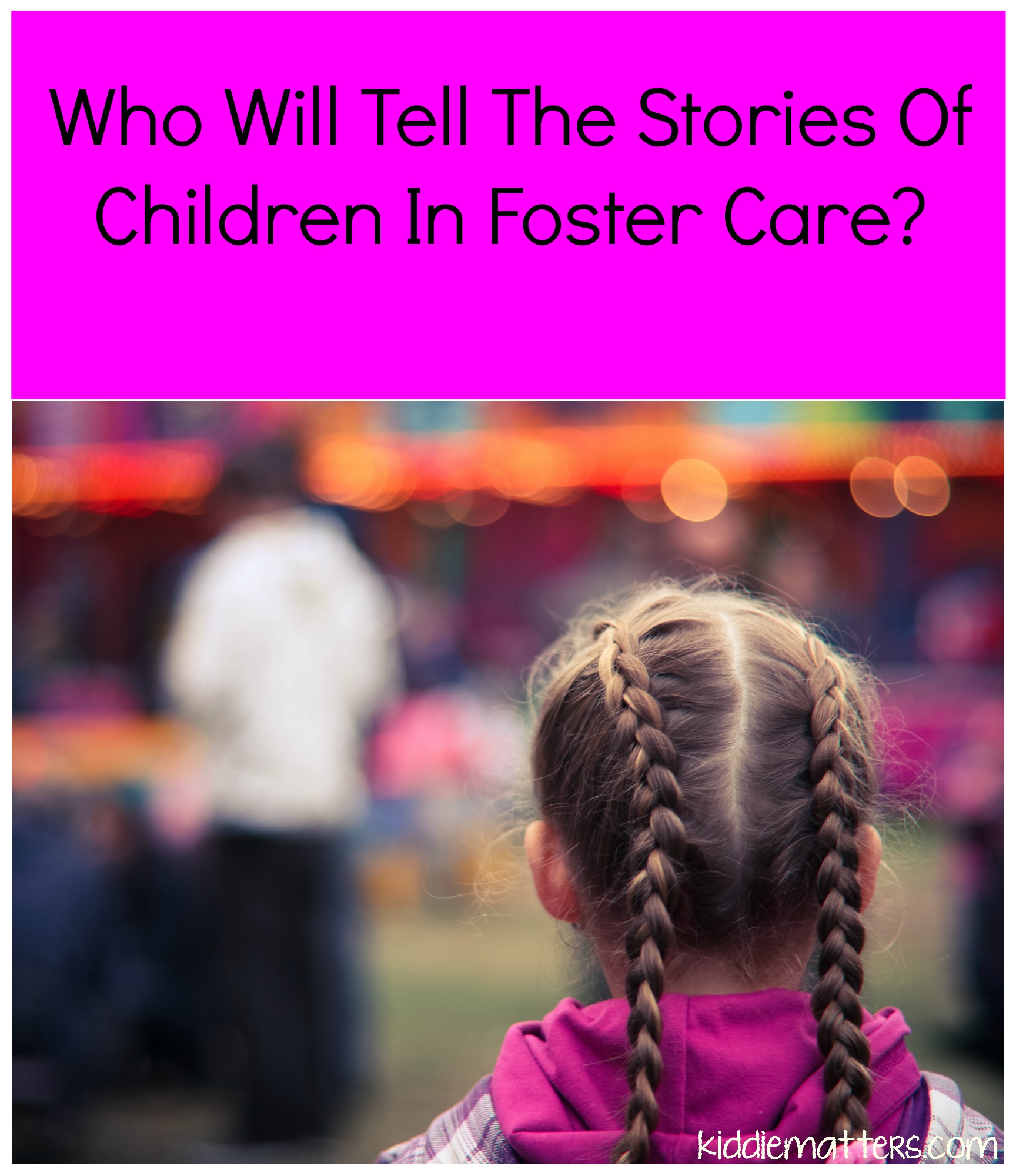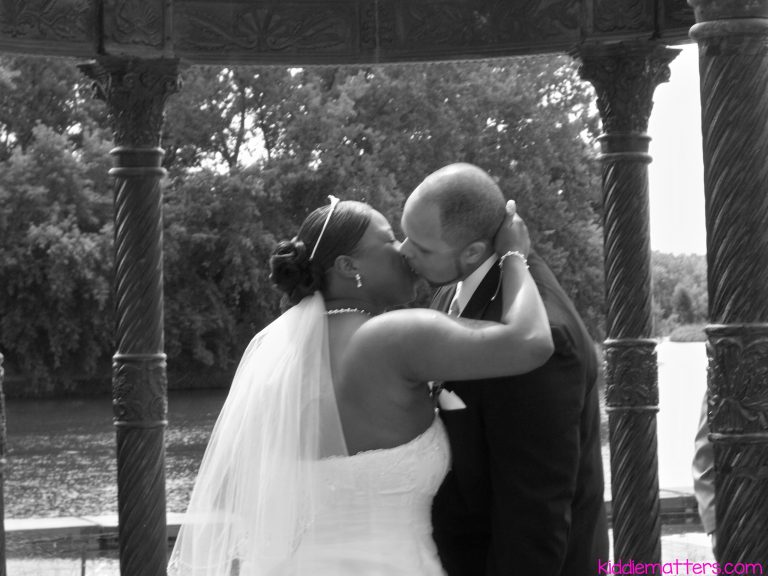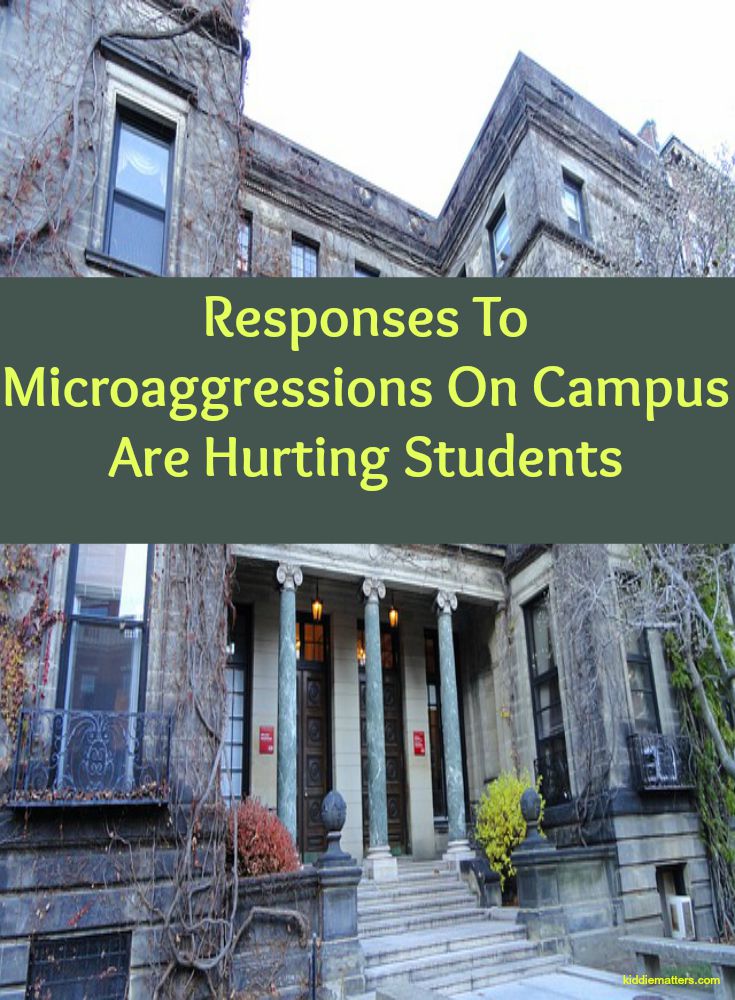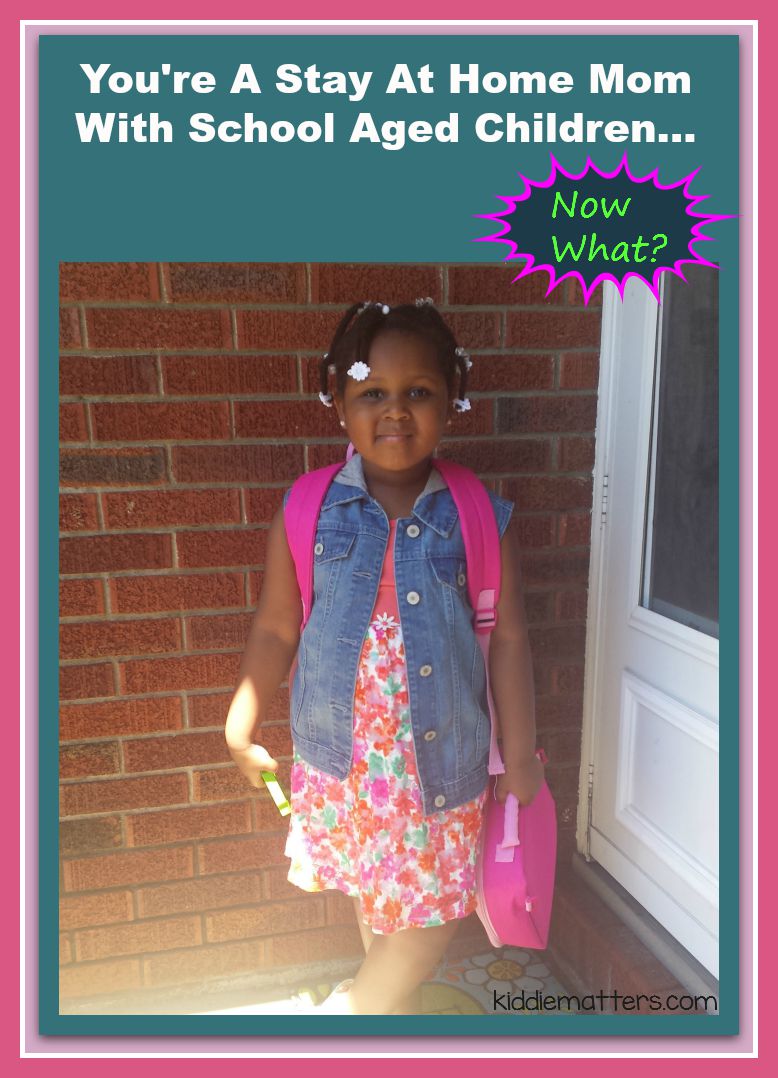Who Will Tell The Stories Of Children In Foster Care?
Being a mom blogger I read countless stories about the antics of toddlers and the pain of watching babies grow into rambunctious tweens. I’ve written my fair share of 10 Things I Want My Child to Know articles and how being a mother has changed me. However, as a social worker who previously worked with foster children, I can’t help but wonder, who tells the story of a foster child?
I’m not referring to the children who are lucky enough to have loving foster parents in their lives. I’m talking about the difficult, hard to place children who bounce from home to home. The ones we would rather not come in contact with for fear they will steal, hurt, or lie to us.
Who is plastering these children’s pictures on Facebook to commemorate every milestone they achieve? Don’t they deserve the same love and adoration as other children?
Let’s be honest, kids in foster care, especially once they are out of the ‘cute phase’, are often stereotyped as being problem children, thieves, and ne’er-do-wellers. Sure we might donate old clothes and toys to them, but when it comes to connecting with these children and offering them love and support, society falls short.
Yes, many foster children have problems, steal, lie, and have several walls up to keep people out. However, I challenge you to look beyond these walls and into their hearts. There you will find a diamond hidden in the rough, waiting for love to make them sparkle.
Foster children, like everyone else, are complex beings. I remember working with a young man, we’ll call him John Doe for confidentiality purposes. I met John when he was 11 years old. He was scrawny and probably weighed seventy pounds wet. When he was with the other kids he cussed like a sailor and fought anyone who made the slightest insult against him.
When it was just the two of us though, he would let his guard down and tearfully share how alone he felt because his mother betrayed him and his father abandoned him. He didn’t feel lovable and considered himself stupid and worthless because that’s what he heard repeatedly from his mother.
Other times when we talked he would just be an 11 year old boy. He would want to play cards and tell silly knock knock jokes. He dared to dream and wanted to know if magic was real. His face lit up when he talked about his baby sister and how he use to play peek-a-boo with her. In those moments he was just like my 11 year old son and his friends.
John was certainly rough around the edges and others found him prickly. But like many kids in foster care, he learned to protect himself by pushing others away and putting up a façade that kept the real him hidden. Many of these kids have been hurt so many times that being in your face and combative becomes a survival tactic for them.
Do you know how many kids were placed at the facility I worked temporarily only to get a Dear John letter from a parent or guardian telling them that they didn’t think it was a good idea for them to return home? I’ll admit, in some cases I could see why the decision was made. However, the pain these children experienced from being discarded is very real and long lasting.
Of course it would be awesome if more qualified, caring people became foster parents. However being a foster parent isn’t for everybody. Moreover, there is so much more that we can do to help these children.
You can volunteer, be a mentor, or an advocate. It doesn’t matter how big or small. These children need to know that we care and that society hasn’t given up on them. Take the time and get to know them and their story.
For more information on how you can make a child in foster care know they matter, visit National Foster Care Month.
